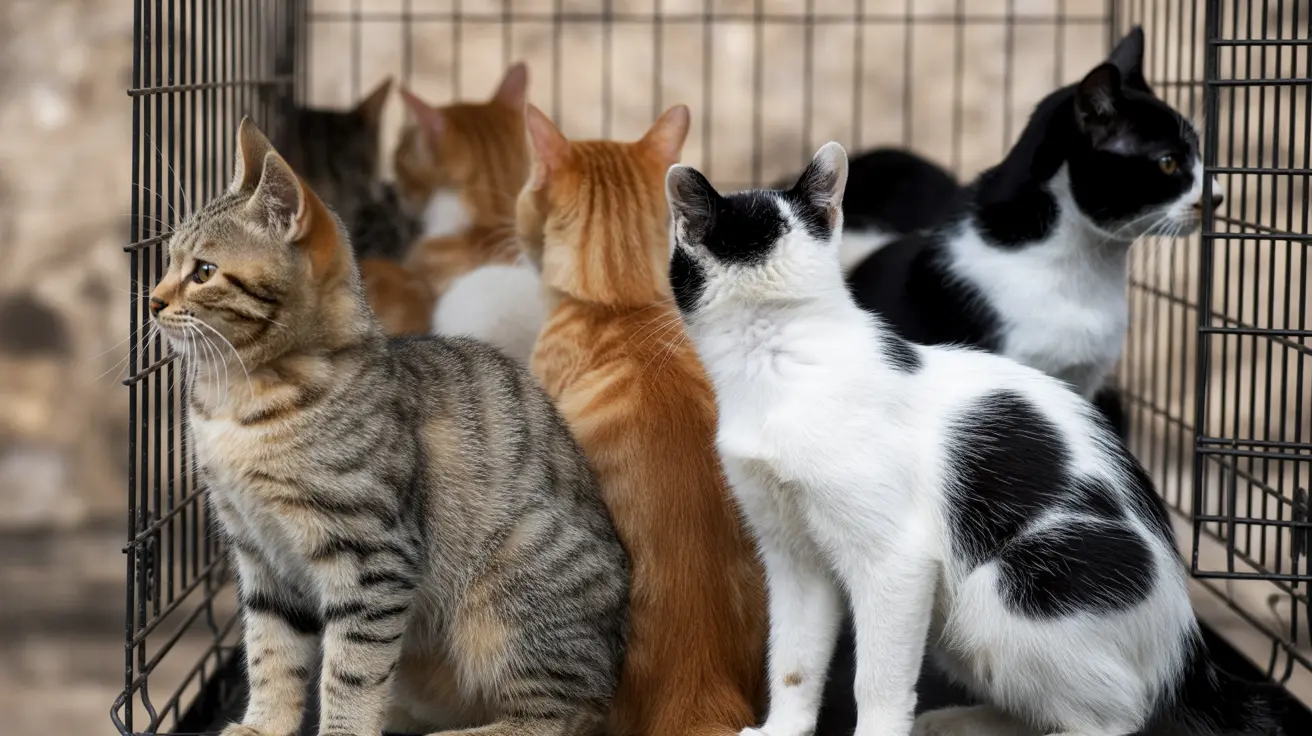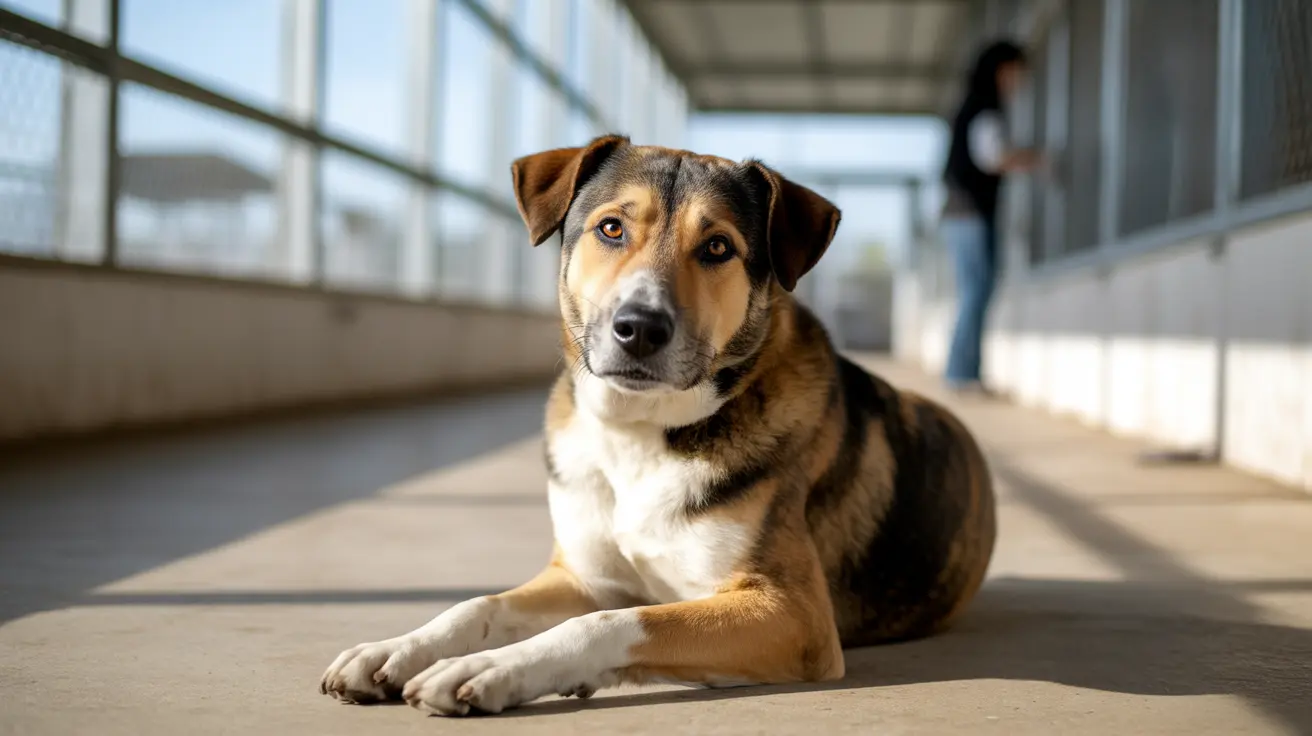The Ancient Denning Instinct
Dogs are natural den animals, inheriting behaviors from their wolf ancestors who sought shelter in cozy, enclosed spaces. This ancestral instinct manifests in modern dogs through their interactions with blankets.
When you see your dog circling, pawing, or burrowing into blankets before settling down, they're actually following an age-old ritual of den preparation. This behavior isn't just cute - it's a direct link to their wild heritage and serves important physical and emotional purposes.
Comfort and Security: More Than Just Warmth
While blankets certainly provide physical warmth, their role in a dog's life extends far beyond temperature regulation. For many dogs, blankets serve as security objects, similar to a child's favorite stuffed animal or comfort blanket.
The familiar scent and texture of a favorite blanket can help reduce anxiety during stressful situations like thunderstorms, fireworks, or visits to the veterinarian. This comfort factor is particularly important for dogs with separation anxiety or those adjusting to new environments.
Health Benefits of Blanket Use
Blankets offer several health advantages for dogs, especially those with specific needs. Senior dogs, breeds with thin coats, and pets recovering from illness or surgery often benefit significantly from the added warmth and comfort blankets provide.
- Regulate body temperature
- Reduce joint pain and stiffness
- Promote faster healing after medical procedures
- Provide a sense of security during recovery
Creating the Perfect Blanket Environment
Selecting the right blanket for your dog involves considering factors like size, material, and your pet's individual preferences. Washable, durable materials like fleece or microfiber often work best, while some dogs may prefer weighted blankets for additional comfort.
- Rotate multiple blankets to maintain cleanliness
- Choose appropriate materials for your climate
- Monitor for signs of overheating
- Watch for destructive chewing behaviors
Special Considerations for Different Dogs
Not all dogs interact with blankets the same way. Factors like breed, age, and personal history can influence their blanket preferences and behaviors. Some breeds, particularly those bred for cold climates or burrowing, may show stronger blanket-seeking tendencies.
Additionally, rescue dogs or those with anxiety issues might form particularly strong attachments to their blankets as part of their coping mechanism.
Frequently Asked Questions
Why do dogs like to snuggle with blankets for comfort and security?
Dogs snuggle with blankets because it mimics the warmth and security they felt as puppies with their mother and littermates. The pressure and warmth of blankets can release calming hormones, helping dogs feel safe and protected.
How do blankets help reduce anxiety and stress in dogs?
Blankets provide a familiar scent, texture, and pressure that can help calm anxious dogs. They create a safe space where dogs can retreat during stressful situations like thunderstorms or fireworks.
What behaviors indicate a dog's natural nesting instinct with blankets?
Common nesting behaviors include circling, pawing, digging, and rearranging blankets before lying down. These actions mirror the den-preparation behaviors of their wild ancestors.
Are weighted blankets effective for calming anxious dogs?
Yes, weighted blankets can be effective for anxious dogs. The gentle pressure can help reduce stress and promote relaxation, similar to how pressure therapy works in humans.
What types of blankets are safest and most beneficial for dogs, especially older or thin-coated breeds?
The safest blankets are made from non-toxic, washable materials like fleece or microfiber. For older dogs or those with thin coats, look for blankets that provide adequate warmth without risk of overheating. Avoid materials that shed or have loose threads that could be ingested.
Conclusion
Understanding why dogs like blankets helps us better provide for their physical and emotional needs. Whether it's satisfying their denning instinct, offering security, or simply providing warmth, blankets play an important role in our pets' lives. By choosing appropriate blankets and monitoring their use, we can enhance our dogs' comfort and well-being.






